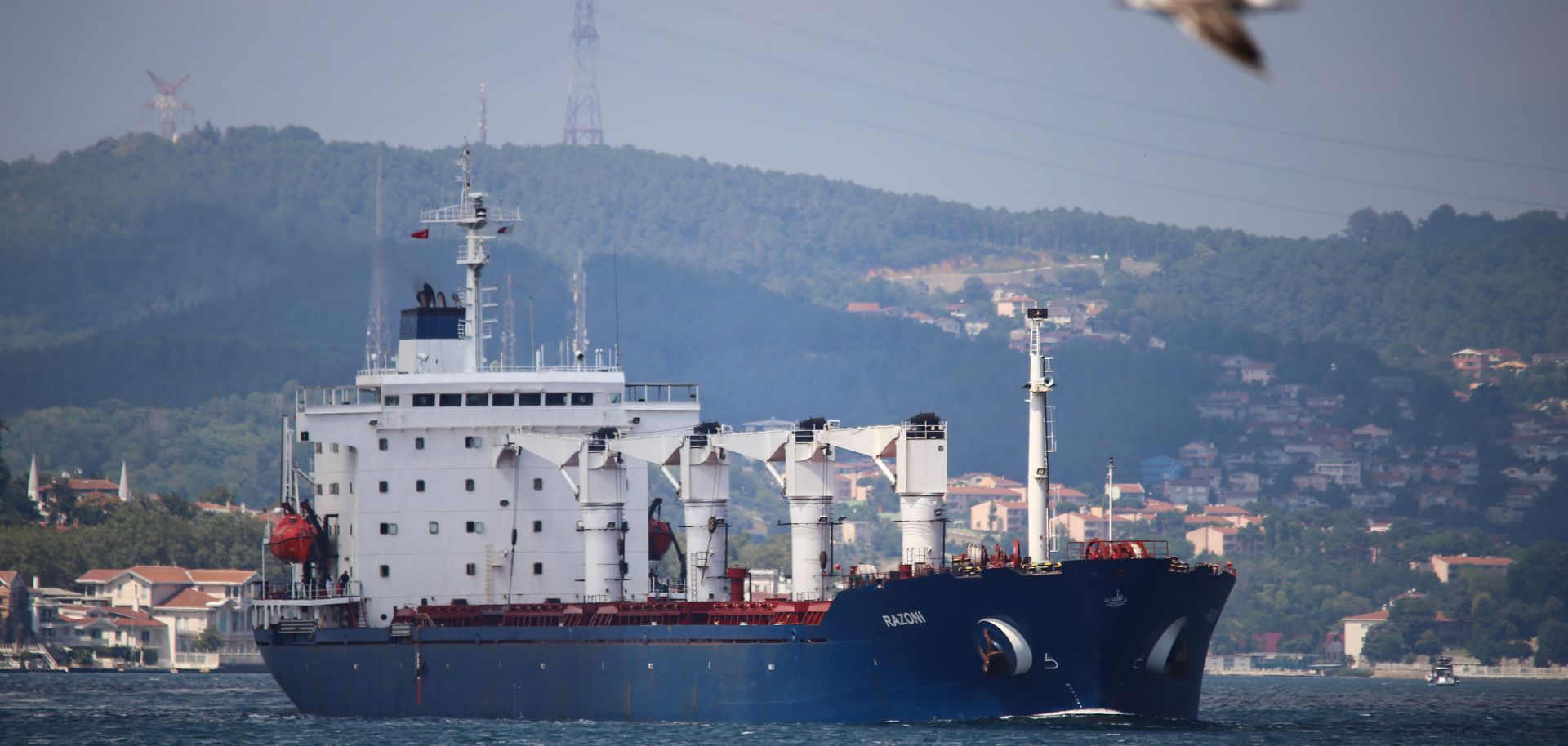Table of Contents
Breaking News-Russia Quit a Black Sea Grain Deal
The Russian army held a “fire drill” in the Black Sea a day after the Kremlin announced that it would consider ships going through the waters to Ukraine as military targets.
Russia has stepped up the deal to resolve the global food crisis by suspending participation in a treaty that allows Ukraine to export food through its Black Sea ports. Russia’s withdrawal could threaten global food prices and food insecurity.
Since the withdrawal on Monday, Russia has launched an attack on Odessa, one of the three main Black Sea ports to which Ukraine exports grain and other agricultural products, as part of the Black Sea Food Initiative. On Wednesday, Russia’s Defense Ministry said it would consider a ship bound for Ukraine that could carry military cargo, suggesting that commercial vessels could be targeted.
The White House said on Wednesday it had received information that Russia had placed multiple mines along the shipping line to Ukrainian ports.
“We believe this is a conspiracy to justify an attack on a civilian ship in the Black Sea and then blame Ukraine, which we have misidentified as a false operation – and which we have discussed in the past,” said White.
The apparent increase from Russia is another barrier to food supply, mediated by Turkey and the United Nations less than a year ago. Russia wants to block the deal, but withdrawing will make it harder for Ukraine to import grain. This could destabilize world food prices and endanger many food-insecure countries and populations that depend heavily on agricultural exports. UN Secretary-General Antonio Guterres said Russia’s decision to withdraw from the agreement “will cause people all over the world to need help”. On Wednesday, rice prices rose to the highest level since the February 2022 invasion.
In fact, the deal exists to help prevent a larger global health crisis of which Russia’s war in Ukraine is only a part. Withdrawal of products from Ukraine could squeeze the agricultural market and lead to more violence in places where 4 million people worldwide are hungry (W. By 2023, approximately 129,000 people in Burkina Faso, Mali, Somalia and South Sudan are at risk of food insecurity, starvation in production and exports.

But some grain from the Black Sea is better than nothing. Caitlin Wales, Director of Global Health and Water Security at the Center for Science and International Studies (CSIS), said the deal is a “safety valve” for Ukrainian exports. Even if the safety valve is closed, it can cause new fluctuations in global food prices. Now Russia has increased its threats to ships bound for Ukraine and launched a wave of attacks on the main infrastructure in Odessa. All of this could threaten Kiev’s ability to provide food, with or without a deal, now and in the future.
Black Sea grain deal: what was it?
In July 2022, Turkey, the United Nations and Russia discussed the Black Sea Grain Initiative to enable Ukraine, one of the world’s bread stores, to export grain from ports south of the Bosphorus. Necessary food cannot be exported by road or rail in Poland or by any other means in Romania via canals and rivers.
Turkey is participating because of the relationship between President Recep Tayyip Erdogan and Vladimir Putin and because it monitors the flow of water in the Bosphorus and Dardanelles according to the 1936 Montreux Convention.
What is the Black Sea Grain Deal?
One of the few plans to succeed since the start of the war, the plan allows for the export of food and fertilizers (including ammonia) from Ukraine’s three major Black Sea ports, Odessa, Chernomorsk and Pivdeny (formerly known as Yuzhny). Ukrainian ships divert cargo ships to the international Black Sea, avoiding minefields. The ships then went to Istanbul via the agreed maritime humanitarian aid route. Ships entering and leaving Ukrainian ports are inspected by a team of Russian, Turkish, Ukrainian and United Nations inspectors.
In addition to this document, a separate agreement was signed to reduce the impact of sanctions on Russia’s food and fertilizer exports. Both registrations are valid for four months and after two months of review.
What happens next after the cancellation of Black Sea Grain Deal?
The Russian Ministry of Defense has made it clear that any ship leaving Ukrainian ports will be a legitimate military target. As a NATO member, Turkey could threaten to attack Russia by importing grain exports from the port without Russia’s consent, but this is a high risk. Odessa port bombing demonstrates that the ease it implies can be designed to counter the loss of political support in the southern hemisphere.
Analyst Smartcube said that at best, the decline in exports will boost Ukrainian production and may force farmers to cut back on crops for the 2023-24 season. Russia will likely raise taxes on grain exports to finance its military action in Ukraine, and eventually, the fertilizer shortage will worsen as Russia and Belarus are among the world’s largest fertilizer producers. These two countries realize approximately 14 percent of the world’s fertilizer production and exports.

[…] Now will see Chandrayaan-3 vs Lunar-25, who will win the race? […]